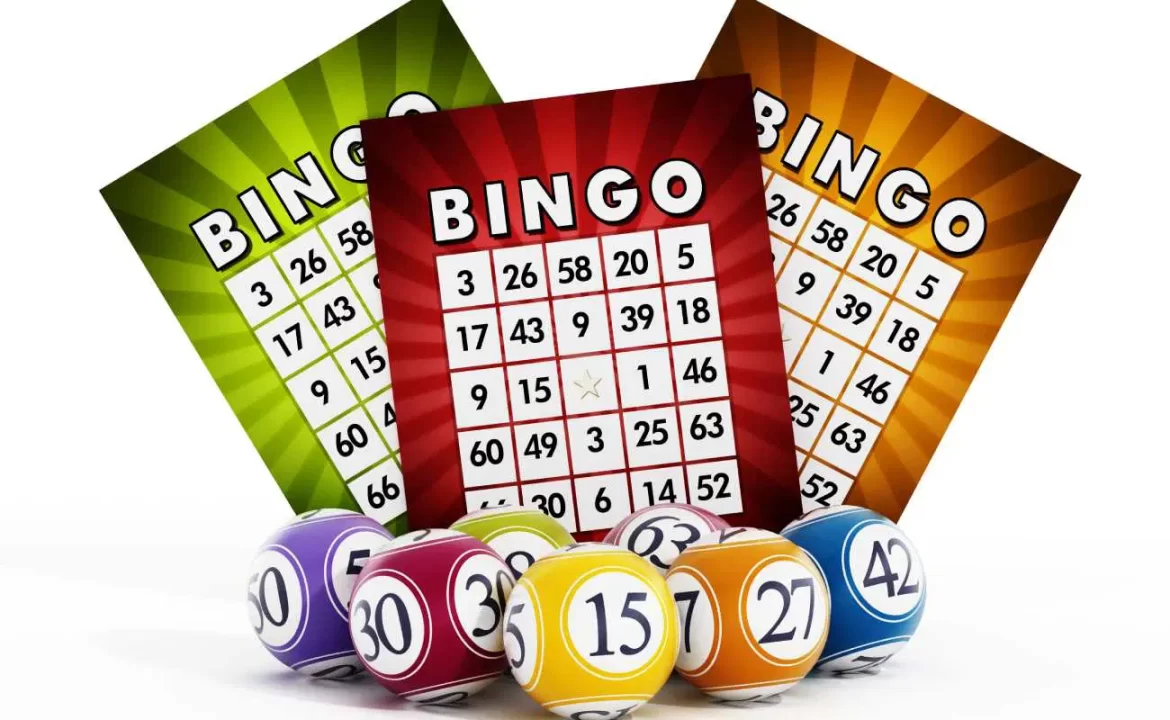At the same time, there is nothing random about bingo. When played for pleasure, it is a lively social activity that can contribute to the physical and mental wellbeing of seniors. Its rules for fair play require everyone who plays to accept a loss as such and remain gracious in victory. This is an important contribution to the emotional health of all players.
This dexterity-building exercise can sharpen hand-eye coordination and counteract the immobility issues that can also crop up in advancing age. And because you can still play sitting down, it is an indoor game that people in climbing apparatus such as stairlifts or home lifts can hopefully continue to play well beyond the age when such aides are needed.
Improves Cognitive Function
In bingo, you have to stay alert, listen to the numbers being called and remember them so you can mark them off as fast as possible on your cards. This is a kind of cognitive endurance training to keep the brain agile, and prevents dementia or other age-related neurological illnesses from taking place.
Bingo stimulates not only your mind, but also your hand-eye co-ordination and the thinking speeds associated with it, which declines with age – thanks to the swiftness of the hand movements required in bingo that keeps the brain cells in charge of movement ‘switched on’. And a recent study proved that seniors who play bingo have shorter hospital stays and recover more quickly after an operation or illness.
Aside from fun entertainment, bingo creates an opportunity to foster social connections among senior citizens. Socialisation with others helps seniors to lower their chances of feeling blue, reduce stress levels, boost their immune systems, and build a sense of purpose and well being. Bingo creates an opportunity for old friends to bond and develop a community with new ones as well.
Increases Social Interaction
Such seniors will remain healthier for longer, because social isolation, lack of friends and the risks of depression and early-onset dementia can all be reduced when seniors engage in social, lively activities at community gaming venues, such as bingo.
Communal playing of the game seems to guarantee that seniors get a chance to interact with old buddies and also make new friends: self-esteem, mood levels and both mental and physical health can be enhanced.
Games for seniors can bring seniors laughter as well, and laughter has the dual benefit of being fun and good for you. It releases endorphins, which boosts the immune system and can help decelerate stress – and seniors who laugh enjoy fewer symptoms of inflammation, and recover faster from minor ailments.
Boosts Immune System
In other studies, playing Bingo has been shown to help people with dementia retrieve misplaced memories, by stimulating the brain to think more quickly and broaden thought processes, as well as improving co-ordination and motor skills. Its social aspect also helps combat senior loneliness.
Swiftly identifying each number, and marking them on the cards, gives seniors special stimulus to hand-eye co‑ordination, helping to maintain a strong grip. And when Bingo moves quickly, it eases their mind away from stressors. Also, laughter therapy inherently releases endorphins, the body’s feel-good chemicals that naturally reduce pain and stress.
Bingo keeps seniors’ brains active, improves coordination and motor skills, and forges friendships beyond the game outside those walls. Winning raises self-esteem and self-confidence.
Reduces Stress
Fun bingo parties cause seniors to forget about any worries that may be on their mind, even if they only last a few hours, it’s certainly a good thing. Moreover, seniors usually get a chance to socialize and make new friends.
It is a fun and mentally demanding game of strategy where players have to listen carefully and call out the numbers.That the game helps those who play it keep their brain alert has been measured in a number of studies, which found that older people who regularly play bingo are less likely to suffer dementia and the degenerative neurological disease of Alzheimer’s.
The speed of bingo, the frequent calling of numbers, allows seniors who might be experiencing a bit of synesthesia caused by stroke or Parkinson’s and other debilitating diseases an opportunity for saving, or perhaps gains. In addition, everyone laughs and having a good laugh stimulates the release of endorphins that can produce a kind of euphoria, as well as acting as painkillers. Thus, seniors who have had a lifelong interest in the horse races or the forms might wish to continue social networking by playing bingo on a regular basis.





